The world as a classroom: Students spend break rooted in social justice
By: Shannon Sigafoos
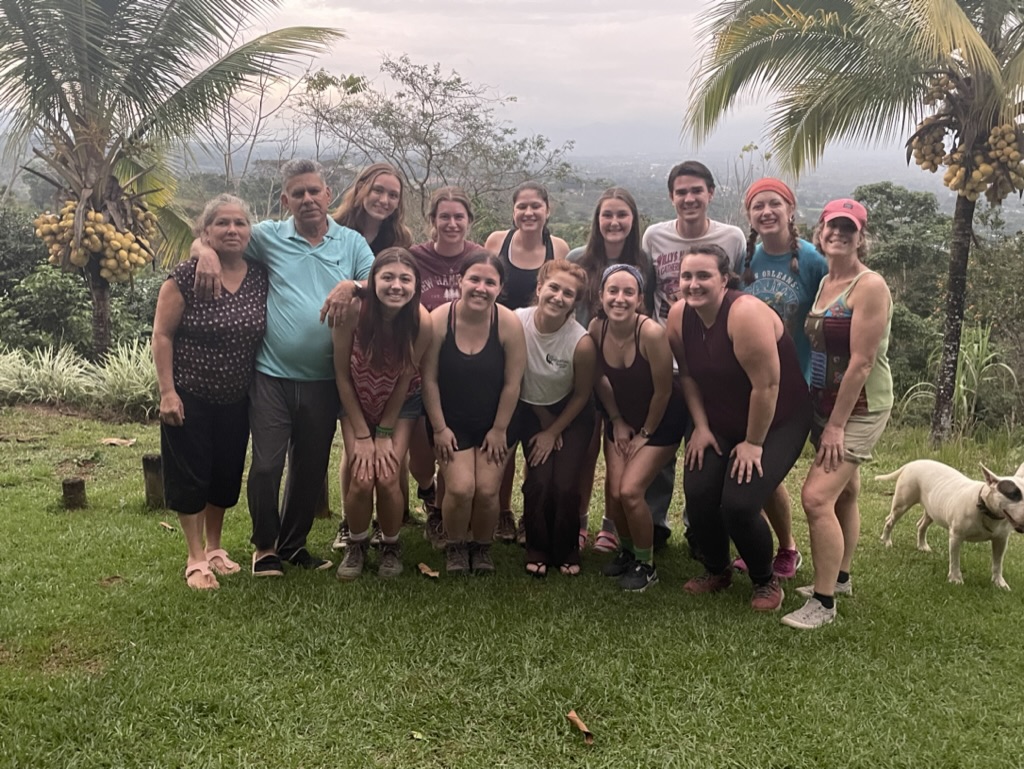
When she was a junior, a trip to Texas as part of Alternative School Break (ASB) sparked in Emily Tesbir ’24 a realization that she and her classmates could form everlasting bonds while advocating for marginalized communities—and now, they’re eager to share these transformative experiences with others.
“ASB has offered me the opportunity to learn about social justice issues I might not have spent time learning about,” says Tesbir, ASB’s active president, as she cites issues such as disability advocacy, housing security, Indigenous rights, and sustainability. “I appreciate how each of the ASB trips focuses on a different student-chosen issue. That engagement across multiple issues has helped me to see the connections between them and to engage with a more intersectional mindset. An intersectional perspective is a critical component to understanding systemic issues.”
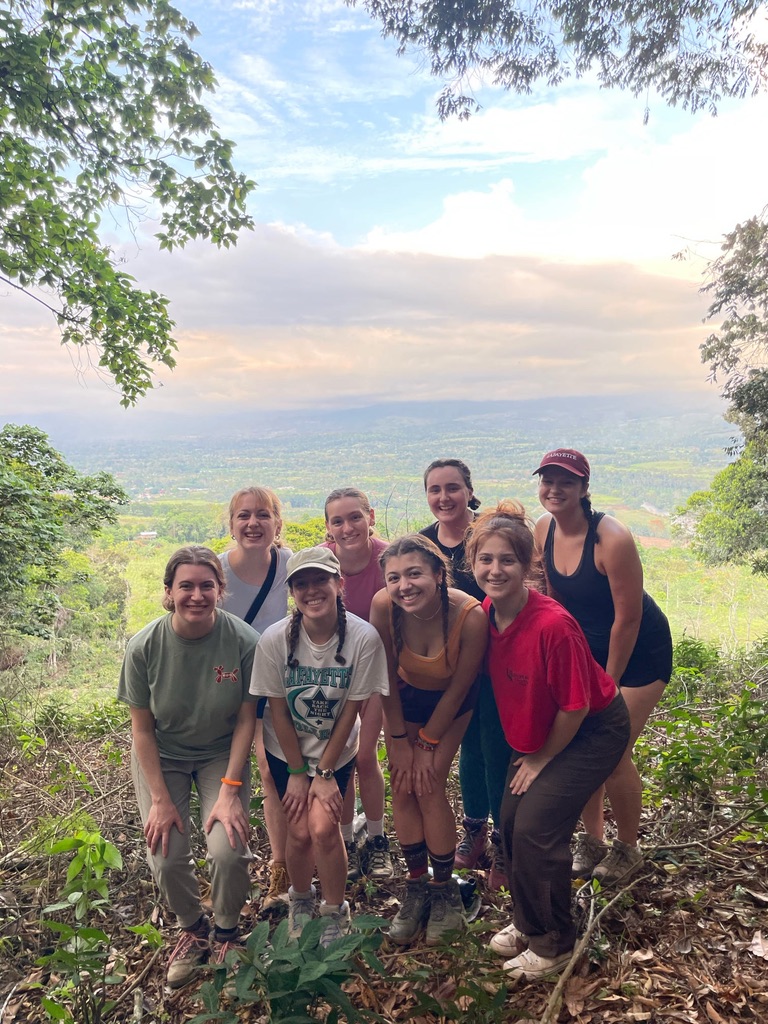
Photo by Rachel Kimball ’26
For more than three decades, ASB has provided the opportunity for students to lead and facilitate unique trips, both domestic and abroad, working with organizations that are trying to better their communities through education and community building—and through a hands-on, people-first approach.
“They go in knowing that they are not there to ‘help,’ but to actually learn with and from their community partner organization in an effort to understand the systemic issues and to work collaboratively on dismantling them,” says Jodi Fowler, Landis Center’s assistant director of civic leadership programs.
2024 marked the first international trip for ASB in four years, as students traveled to Costa Rica during the winter interim to learn about the importance of agroecological farming. ASB trips later this year will focus on refugee resettlement (Washington, D.C.) and LGBTQIA+ homeless youth (New York).
For the student leaders of the Costa Rica trip, Grace Brokenshire ’24 and Charlotte Vierling ’24, it was important that they and their peers were challenged to critically reflect on their own identities and roles within systems of inequity, and then to use that knowledge to transform into action and advocacy. On La Gran Vista farm, they engaged in nightly discussions to reflect on that day’s work and the sustainable practices they could take home with them.
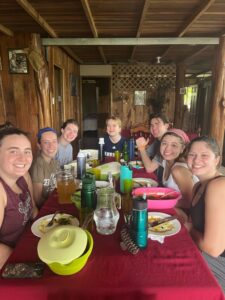
Photo by Sophie Himmel ’24
“One of the biggest things ASB has taught me and changed my perception of is volunteering in a way that is not ‘saviorist.’ There are many social justice issues both locally and abroad that we could volunteer for, but doing so without proper education could be dangerous,” Brokenshire says. “The experience will have a lasting impact on me, my career, and how I approach sustainability issues moving forward.”
One common thread throughout the ASB experience? No matter if they’re a first-year student or a senior, ASB members bring a deeply respectful approach to their trips and leave with greater knowledge of the very meaningful work they set out to do.
“I appreciate that ASB highlights education prior to the trip and reflection following, allowing student participants to constantly learn and develop,” Vierling says. “I highly recommend this organization for any student who is passionate about global issues and willing to work toward solutions, regardless of the scale.”
“ASB understands that this work alone is by no means the end-all, be-all remedy to issues; however, education and reflection are great starting points.”
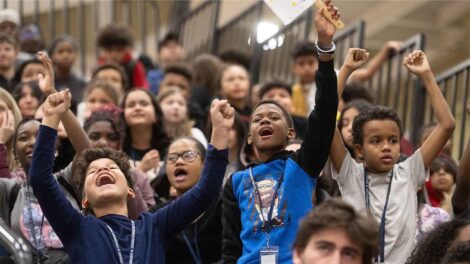
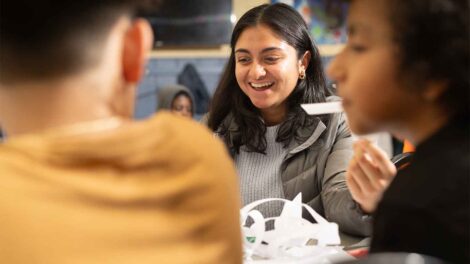
1 Comment
Proud of our students, and our college for providing these opportunities for growth outside the classroom.
Comments are closed.